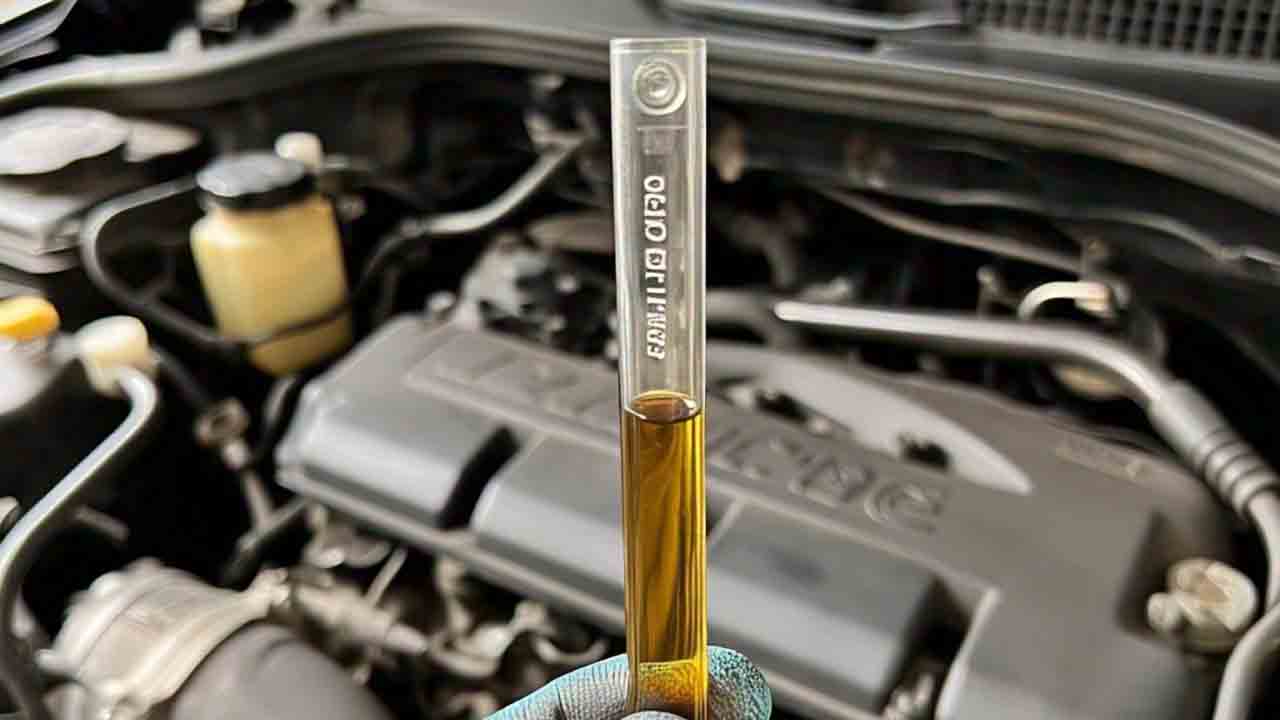
Dieselspecialists – Warm up your engine before driving to ensure it performs at its best. The process of warming up your engine might seem like a small and often overlooked step, but it plays a crucial role in maintaining the longevity and efficiency of your vehicle. When you allow the engine to warm up, it helps the oil circulate properly, ensuring all internal components are lubricated and protected. Especially during cold mornings or chilly weather, this step becomes even more important for your car’s health.
Warm up your engine to give your vehicle the best start for the day. In colder temperatures, engine oil tends to thicken, making it harder for it to flow smoothly. When you start your vehicle without letting it warm up, the oil might not reach all the engine components that need lubrication. This can cause excessive friction and wear on engine parts, leading to a decrease in engine performance and potentially costly repairs over time.
By letting your engine warm up for about 5 to 10 minutes, the oil becomes more fluid, circulating more efficiently through the engine. This ensures that all moving parts are properly lubricated, which prevents premature wear and tear and promotes better engine efficiency during your drive. Additionally, warming up your engine helps the exhaust system to properly regulate the temperature and minimize harmful emissions.
“Ride the Alps: Europe’s Ultimate Motorcycle Playground”
It’s especially important to warm up your engine during the colder months or in regions with lower temperatures. Cold starts can be particularly hard on an engine because the oil is thicker, and parts of the engine, like the pistons and cylinders, need time to expand and work efficiently. During these times, the engine will benefit from a brief warm-up before you hit the road.
Even in milder climates, allowing your car to warm up for a few minutes can be beneficial. If you’re in a rush, you might think that skipping the warm-up is a time saver. But it’s a small investment that can lead to better long-term results for your car’s engine.
Many people believe that a long warm-up time is necessary. But the reality is that you don’t need to idle for too long. A warm-up period of 5 to 10 minutes is usually sufficient. If the weather is extremely cold, you may want to let it idle a bit longer to ensure the oil circulates fully. However, beyond this, idling for longer periods doesn’t provide much additional benefit and can waste fuel. Modern engines are designed to be efficient, and even without a long warm-up. They’re able to adjust quickly once on the road.
In fact, excessive idling can harm the engine and waste fuel, so it’s important to find the right balance. After the initial warm-up period, it’s recommended to start driving gently. Allowing the engine to reach its optimal operating temperature gradually as you go.
Warm up your engine to ensure smoother starts, better lubrication, and longer engine life. While it might seem like a minor step in your daily routine. The benefits of warming up your engine are far-reaching. This simple practice is especially important during colder weather. But even in milder conditions, it can improve the efficiency and performance of your car. So next time you start your vehicle, take a moment to let it warm up properly, and give your engine the best start possible.
“The Climate Emergency: Disasters Strike Worldwide”
Dieselspecialists - Revolutionizing diesel engines, fuel injection systems are now central to enhancing fuel efficiency and reducing emissions. The development…
Dieselspecialists - The fall of diesel engines in the passenger car market has been one of the most significant shifts…
Dieselspecialists - The focus on reducing diesel engine emissions has never been greater, and diesel emission tech is at the…
Dieselspecialists - Maximizing diesel power is a goal for many diesel vehicle owners, and one of the most effective ways…
Dieselspecialists - Autonomous drive technology is revolutionizing the automotive industry, promising a future where cars no longer require a human…
Dieselspecialists - Turbo Smart vehicle maintenance starts with understanding how a turbocharger works and what it needs to function effectively…